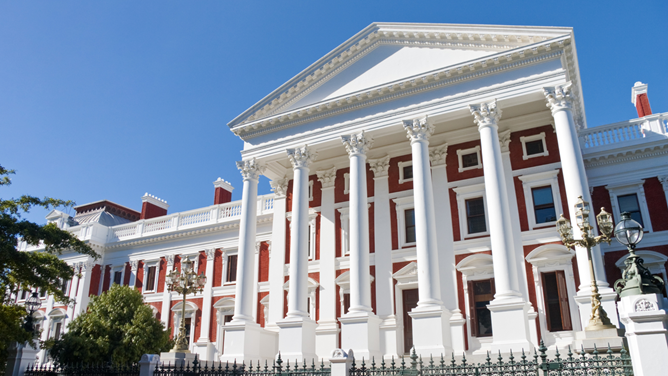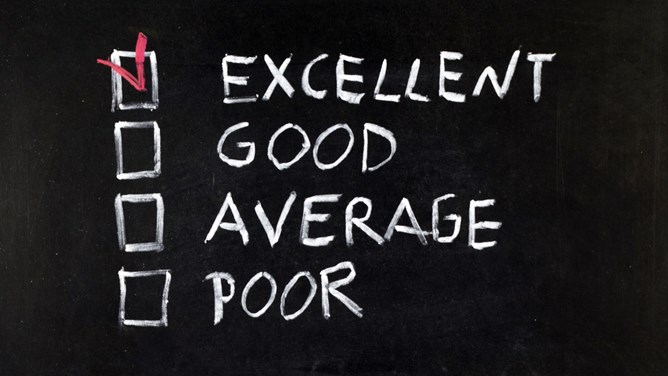Opinion Pieces
The 2017 State of the Nation Address (SONA) is due to take place in Cape Town on the 9th February 2017. What can the ICT industry look forward to?
Customer experience is intimately related to an organisation's brand, in that it expresses how well a company delivers on its promises. Brands succeed or fail based on the customer experience they generate.
In South Africa, the first world wave of technology is often able to sweep powerfully onto the empty shore of our under-developed environment unimpeded by legacy systems. Can we successfully harness the wave of e-education and watch our children surf triumphantly high on the wave of the digital revolution to a future of lifelong learning and skills-empowered employment?
Cell C’s full financial results have been made public, in a circular from soon-to-be 45% shareholder Blue Label Telecoms. This is the most detailed view that the market has had from this hither-to privately-held operator since launch in 2001. Blue Label is a listed company, and segmental disclosure would no doubt be forthcoming sooner or later. It is reassuring to its own investors that the results show a financial turn-around with the operator showing a small profit for the first time in its fifteen year history.
Openserve has informed clients it will no longer sell Diginet services after 1 January 2018, and that support will end in December 2019. We’ve known that this was coming for some time – but weren’t sure exactly when it would happen. Where does this announcement leave us, and what does it mean for the telecommunications sector?
ICASA's July 2016 Invitation to Apply ('ITA') details how they intend to allocate 270MHz of valuable spectrum in the 'high demand' bands of 700MHz, 800MHz and 2600MHz. Five Lots, labelled A through E, are identified.
The South Africa Institute of Race Relation (IRR) recently launched a new comfort and deprivation index that can be used to track and compare the relative standards of living within local authorities in South Africa. The index will allow commentators, journalists, politicians, and ordinary citizens to compare the relative performance of all district and metropolitan municipalities in South Africa.
Whereas two years ago one might have still been asking the question about where the money is in Cloud, and whether most of it is on the free side of freemium, this argument is now passé. The evidence in 2016 shows that the huge forecasts were realistic, and that the big guns in the traditional software world are 'moving and shaking' in Cloud, along with the young Turks: the hyperscalers like Google, force.com and Amazon.
During the 2015 State of the Nation Address (SONA), President Zuma announced that the government had "decided to designate Telkom as the lead agency to assist with (the) broadband roll out". The industry was blind-sided with this announcement that came 'out of the blue'. In the months that followed the SONA, comments provided by the Minister and the Deputy Minister of Telecommunications and Postal Services in public addresses generally defused, diluted or otherwise explained the statement, and over time this label of 'lead agency' has faded away.
Are things repeating themselves in our current telecommunications policy development? Having been involved in telecommunications policy processes and development for over 20 years, I have noticed how on many occasions that history repeats itself. The problems of the sector change, but in many ways one can say 'same old - same old'.
July 2016 marks a possible massive step forward in the allocation of spectrum from 4G and 5G aications in South Africa. The path to reach this point had been long and difficult. Are we finally in a position to provide the spectrum "oxygen" that our wireless broadband market demands? Is it time to 'shoot the engineer and start production'?











